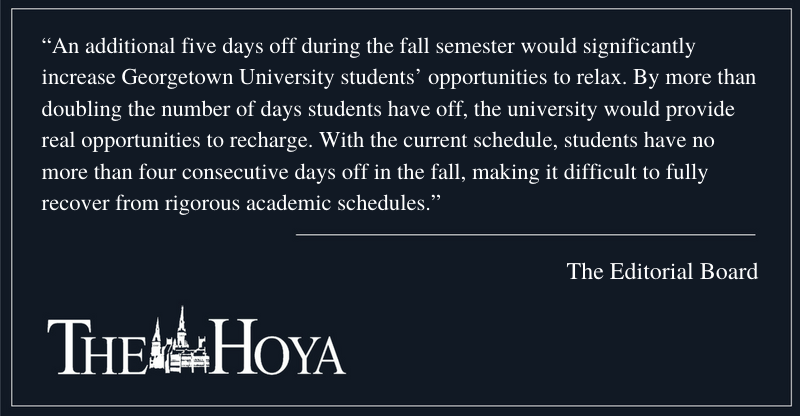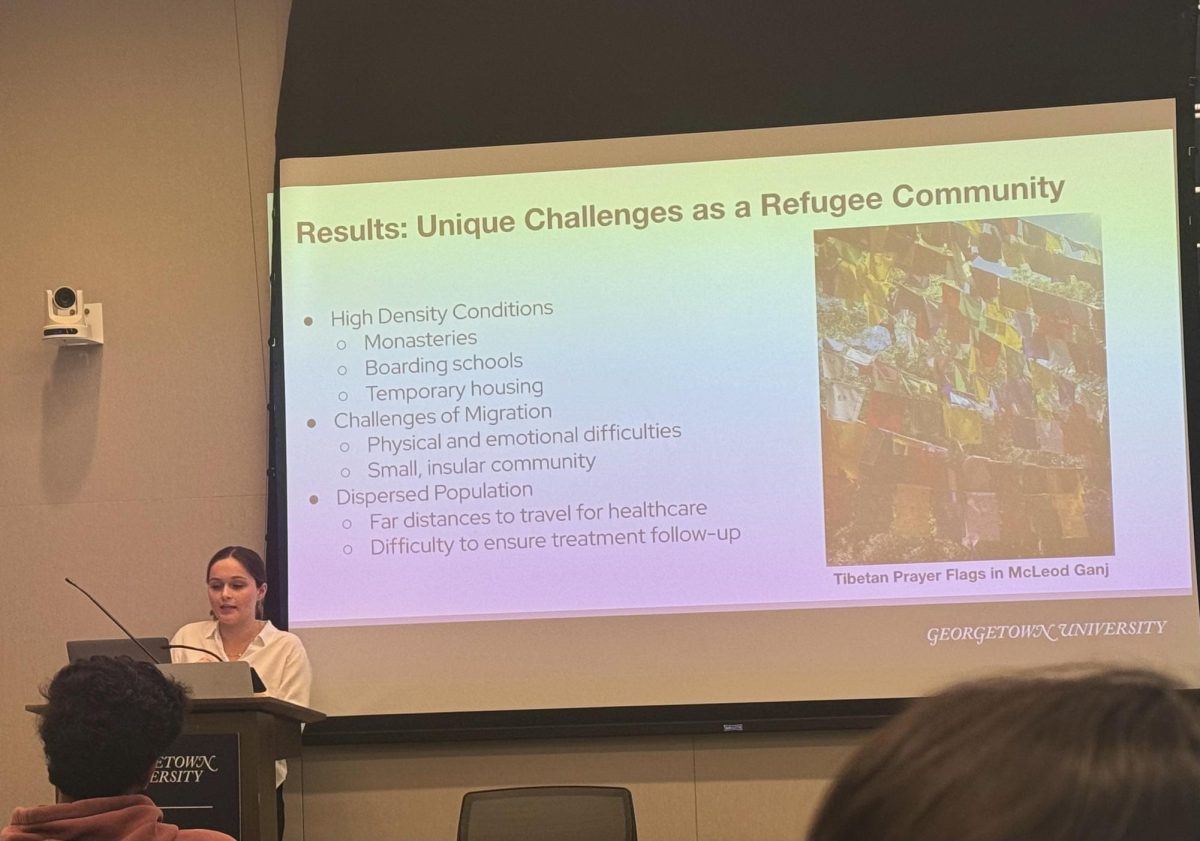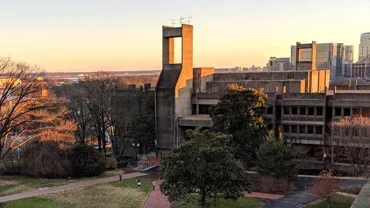As Thanksgiving break approaches, Georgetown University’s four-day weekend offers students an important but insufficient opportunity to rest and prevent burnout.
Besides weekends, students currently have just four days off during the fall semester, compared to 10 days off in the spring. The Office of the University Registrar should adjust the academic calendar for future years to provide more days off in the fall.
Burnout has been increasingly recognized as a problem in academic settings and is salient on Georgetown’s campus, where extracurricular and preprofessional commitments often overburden students. Breaks after several consecutive workweeks have been proven to reduce stress and mitigate burnout, according to a study from Tel Aviv University faculty. Burnout, defined as a state of physical and mental exhaustion from long periods of unresolved stress, is detrimental to student health, cognitive functioning and academic performance, according to a study conducted by Florida State University professors.
Decreased student burnout would help students stay healthy and, in turn, improve academic outcomes and bolster morale. As an academic institution, Georgetown should act in its own best interest by adding periodic breaks to the fall semester to reduce burnout.
As additional school days correlate with more positive educational outcomes, per a study conducted by The Wing Institute, the university should not simply eliminate days from the fall semester. Instead, to maintain the current number of school days while preventing burnout, Georgetown should shorten the summer break by five days and distribute these holidays throughout the fall semester.
Three days should be added to Thanksgiving break; students currently have just the holiday and the Friday after off. The current policy imposes high costs to students who fly home or travel by train, as a September 2018 editorial in The Hoya noted. Ambiguity over whether professors will cancel class causes many students to wait and book their tickets after prices have skyrocketed. Moreover, tickets for the Wednesday before Thanksgiving are more expensive than tickets for the weekend before the holiday. These prices make the trip home less affordable for students traveling after their Wednesday classes have ended.
By canceling all classes Thanksgiving week, the university would make traveling home more accessible for many students. Furthermore, a full week off midsemester would provide a more adequate opportunity for students to truly relax.
The remaining two holidays should be attached to the midsemester break, elevating the three-day weekend to a five-day weekend. A five-day weekend would provide a brief reprieve in the midst of October midterms before Thanksgiving break occurs later in the semester.
An additional five days off during the fall semester would significantly increase Georgetown students’ opportunities to relax. By more than doubling the number of days students have off, the university would provide real opportunities to recharge. With the current schedule, students have no more than four consecutive days off in the fall, making it difficult to fully recover from rigorous academic schedules.
Moreover, the proposed total of nine days off aligns with the academic calendars of several other peer institutions that use a semester system. For the 2019-20 year, Yale College offers nine days off during the fall semester, while Princeton University and the University of Notre Dame each provide eight. Five additional holidays for Georgetown students is not a radical suggestion.
The University Registrar has released the academic calendar through the end of the 2021-22 school year; for the next three years, students will have only four days off in the fall. As students, families and faculty members may have already planned around this schedule, the predetermined calendar should not be changed. But forward, additional days off should be added to the fall semester, beginning in fall 2022.
Students deserve adequate time to rest, and increased breaks throughout the fall semester would improve students’ health and academic performance by reducing burnout. To address concerns about student burnout, the university should plan to offer more fall holidays in future academic calendars.
The Hoya’s editorial board is composed of six students and chaired by the opinion editor. Editorials reflect only the beliefs of a majority of the board and are not representative of The Hoya or any individual member of the board.




















